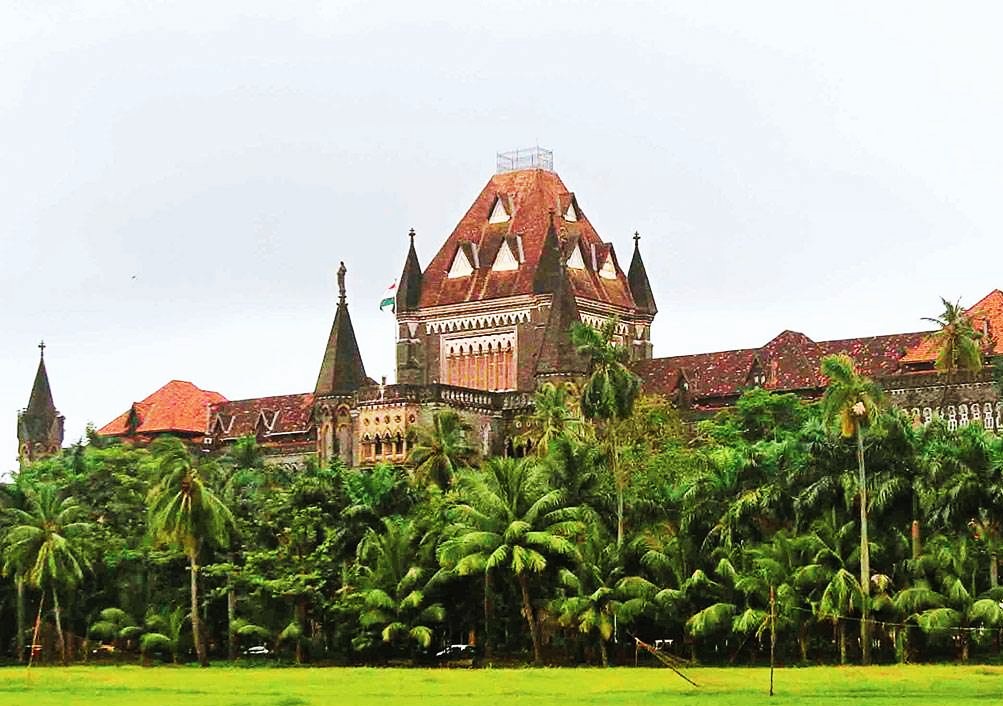Bombay HC pulls up trial court for not releasing accused on bail despite its order

Read Order: Gulfasha @ Alisha Mehraj Shaikh v. State of Maharashtra
LE Staff
Mumbai, July 7, 2021: The Bombay High Court has held that a trial court in Maharashtra had no power to examine a High Court ruling.
A Bench of Justice Sarang Kotwal was hearing a case in which the petitioner was refused bail by the trial court despite clear orders from the High Court.
The petitioner, Gulfasha Shaikh, was granted bail by Justice Kotwal of the Bombay HC after he observed that she had been detained since November 2020 and had a 10-month-old child.
The applicant’s lawyer, Aniket Vagal, approached Justice Kotwal for an urgent hearing after the trial court refused to accept monetary bail and to release the applicant.
It was claimed that the trial court declined to release the petitioner because the High Court forgot to record Section 302 of the Indian Penal Code in its decision, which was one of the accusations.
Describing the trial court’s denial of bail as a “severe violation of order”, Justice Kotwal said the lower court was expected to obey the explicit orders provided in the operative section of the HC ruling. The operative section of the order contains no ambiguity and it was the trial court’s responsibility to obey it, the HC held.
Thus criticising the trial court for refusing to release the applicant on bail despite the HC’s clear orders, the Bench demanded a report outlining such reasoning and said that unnecessary obstacles are created in carrying out the ruling.
Justice Kotwal further stated that if the order included any ambiguities, it was on to the parties or the prosecution to point them out. Justice Kotwal also pointed out that the trial court lacked the jurisdiction to call that order into issue.
The High Court clarified its ruling by adding Section 302 to its prior order in order to avoid generating any further obstacles, but cleared that the order’s operative part was crystal clear and simple, and there was no misunderstanding.
The High Court further directed that the trial court explain its position in a report that must be sent to the HC within 10 days.
Going by the background of the case, the dead informant in the case reportedly poured gasoline on herself and went to the applicant’s residence, as the informant’s spouse had an extramarital affair with her.
The informant had severe animosity towards the applicant, and her desire to accuse the applicant in a fake case was apparent because she had taken a match box with her.
The High Court acknowledged that enough doubt had been cast on the prosecution case at this point, that the inquiry had been concluded and a charge-sheet had been submitted. Thus, bail was given.
The trial court’s reluctance to follow the High Court’s explicit instructions significantly harmed the applicant’s important right to get bail as soon as possible.
Expressing worry over the fact that the applicant had to spend longer time in jail than was required, Justice Kotwal pulled up the trial court noticing that the applicant is a mother of a 10-month-old child.
Considering the Supreme Court’s repeated worries over needless jail crowding, the trial court’s approach in this matter is not right, remarked Justice Kotwal, reprimanding the lower court.
Sign up for our weekly newsletter to stay up to date on our product, events featured blog, special offer and all of the exciting things that take place here at Legitquest.




Add a Comment